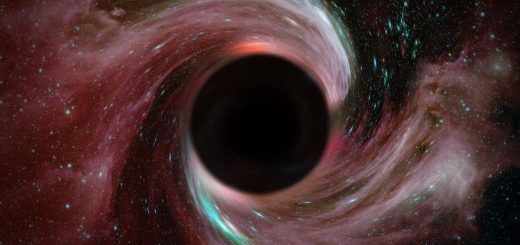Hay fever relief could come in the form of a nasal ‘molecular shield’
Mice experienced far fewer hay fever symptoms when a pollen-blocking antibody was applied within their nose
By Carissa Wong
11 July 2025
Sneezing and coughing are common hay fever symptoms
mohammad hosein safaei/Unsplash
People with hay fever could one day benefit from a first-of-its-kind “molecular shield” that blocks pollen from entering the lining of the nose, and is unlikely to cause the side effects seen with standard treatments.
Hay fever is an allergic reaction that occurs when pollen binds to molecules called IgE antibodies in the lining of the nose, mouth and eyes, triggering inflammation that results in symptoms such as sneezing and itchiness. Treatments include antihistamines and steroids, which dampen inflammation, but aren’t always effective and commonly have side effects, such as drowsiness.
Read more
The new drugs preventing allergic reactions to peanuts and other foods
Advertisement
To find an alternative, Kaissar Tabynov at the Kazakh National Agrarian Research University in Kazakhstan and his colleagues first collected blood samples from mice. They then extracted an antibody that isn’t involved in allergic reactions, but still binds to the main allergen in mugwort pollen, a major cause of hay fever. This binding then blocked the allergen from attaching to IgE antibodies in a lab dish. “It acts like a molecular shield,” says Tabynov.
To see if this reduces irritation, the researchers induced mugwort pollen allergies in 10 mice by injecting them with the allergen and a chemical that trained their immune systems to react to it.
A week later, they put a small droplet of liquid containing the pollen-blocking antibody into the noses of half the mice, doing so a total of three times over five days. The remaining animals were given droplets of saline solution instead. One hour after each droplet was administered, the mice were exposed to mugwort pollen at levels similar to those that people are exposed to during the plant’s peak hay fever season, says Tabynov.


